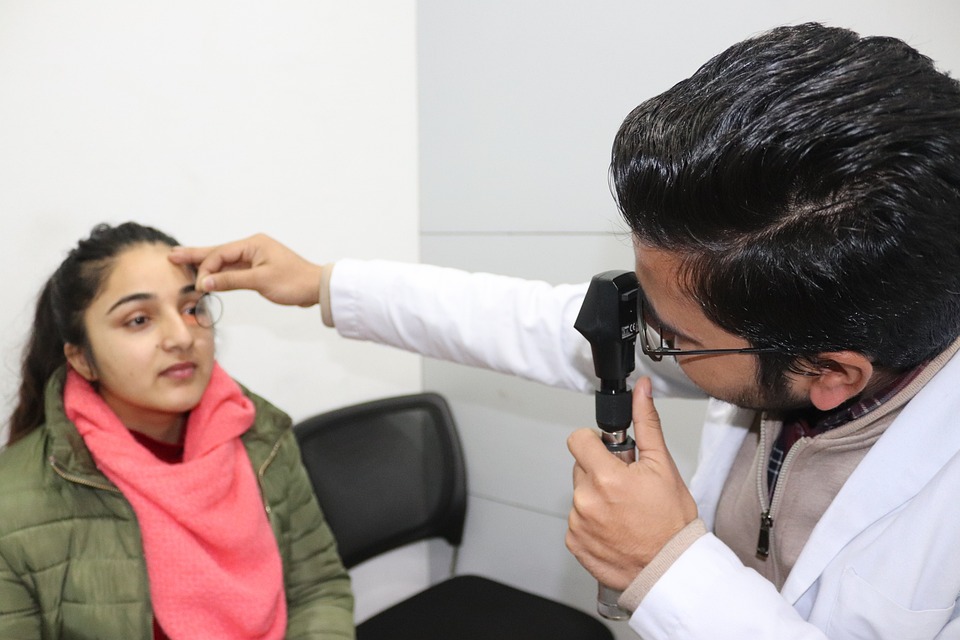Essential Optometrist Interview Guides: Tips for Success in Your Next Eye Care Job
Navigating the world of optometry interviews can feel like a daunting task. With numerous candidates vying for the same position, it’s imperative to stand out. Here are some invaluable tips to ensure you make a memorable impression.
Understanding the Role
Before you step into that interview room, take a moment to truly comprehend what the position entails. An optometrist’s duties go beyond simply examining eyesight. Understanding the nuances of patient care, the importance of ocular health, and the latest advancements in optical technology can set you apart. Familiarise yourself with the specific services offered by the practice, be it paediatric optometry, contact lens fitting, or managing ocular diseases.
-
Research the Practice
Delve into the ethos of the establishment. What are their values? How do they interact with the community? Understanding this will help you align your answers during the interview, showcasing you as a perfect fit for their team. -
Know the Team
If possible, learn about the individuals you’ll be working with. This could provide valuable context, allowing you to tailor your responses and express your eagerness to collaborate.
Preparing for Common Questions
Anticipating the questions you may face is half the battle won. While every interview is unique, there are staples that frequently arise.
-
Tell Us About Yourself: This question is your golden opportunity to provide a succinct yet comprehensive overview of your professional journey. Highlight relevant experiences, your passion for optometry, and why you’re excited about this particular role.
-
Describe a Challenging Situation: Prepare a few scenarios where you’ve successfully navigated difficulties. This could range from handling a difficult patient to troubleshooting equipment failures. The STAR method (Situation, Task, Action, Result) can be particularly useful here.
-
What Are Your Future Goals?: Employers seek individuals who are not only looking for a job but also have aspirations that align with the practice’s growth. Discuss your commitment to continuous learning, whether through professional development courses or specialisations.
Showcasing Your Skills
Technical prowess is undoubtedly crucial in the field of optometry. Yet, soft skills are equally important.
-
Communication Skills: Your ability to convey complex concepts to patients in an understandable manner can significantly enhance their experience. Prepare to demonstrate how you’ve effectively communicated in previous roles.
-
Empathy and Patient Care: Optometry is as much about relationships as it is about science. Share instances where you’ve gone the extra mile for a patient, illustrating your dedication to their well-being.
-
Adaptability: The healthcare landscape is perpetually evolving. Discuss how you’ve adapted to new technologies or practices, showcasing your willingness to embrace change.
Dressing the Part
First impressions matter. Dressing appropriately for your interview is not just about looking professional; it reflects your seriousness about the role. Opt for smart, professional attire that resonates with the practice’s culture. Consider subtle accessories that could highlight your personality without being overpowering.
Follow-Up Etiquette
After the interview, don’t let the moment slip away. A well-crafted thank-you note can reinforce your interest and keep you fresh in the interviewers’ minds. Express gratitude for the opportunity, reiterate your enthusiasm for the position, and briefly mention a key point from your conversation that resonated with you.
Moving Forward
Securing a position as an optometrist goes beyond mere qualifications; it’s about presenting yourself as a well-rounded candidate ready to make a difference. By preparing thoroughly and demonstrating your passion, you’re sure to leave a lasting impression. For those seeking further assistance in crafting the perfect CV or enhancing your application, CVPortal continues to provide an array of high-quality resume references to support your journey into the eye care profession.


